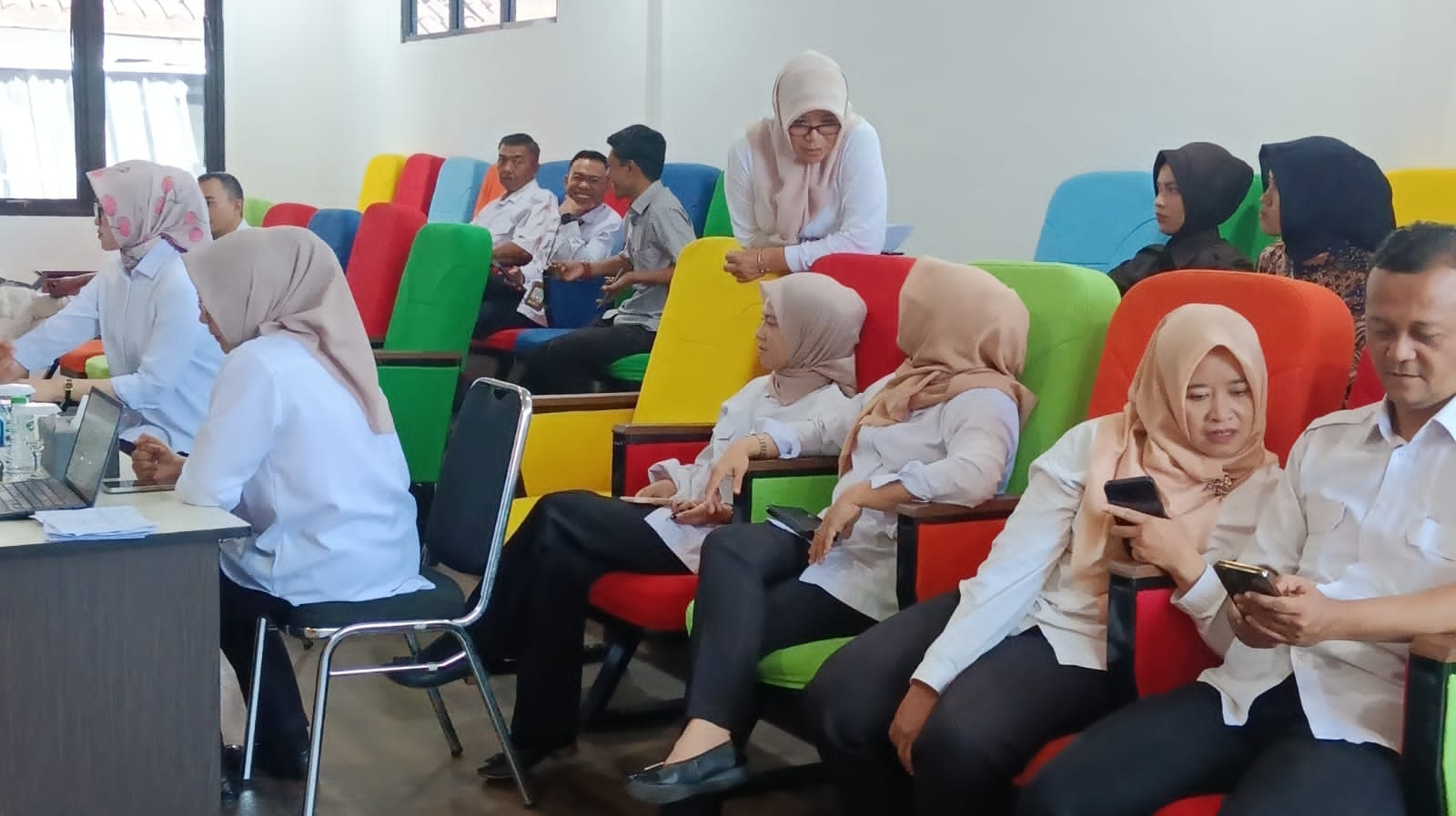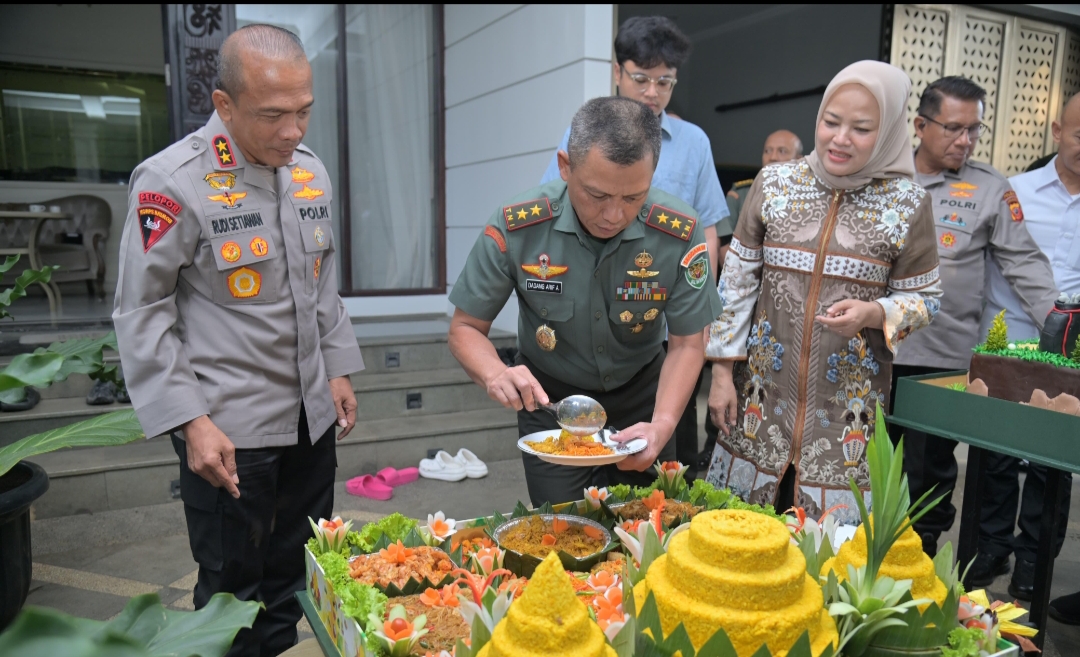How to Turn 300,000 Rupiahs into Millions: From an Idle Experiment to a Profitable Business Idea
 |
| Foto oleh RODNAE Productions |
In Indonesia, many people dream of becoming entrepreneurs and building their own businesses, but often they are held back by the fear of failure, lack of capital, and uncertainty about market demand. However, for some creative and daring individuals, the road to success starts with a simple idea, a small amount of money, and a lot of hard work. Such is the case of Andi, a 28-year-old man from Jakarta who discovered an untapped niche in the food market and turned it into a lucrative venture that has attracted a loyal following of customers and fans.
The story of Andi’s business began in 2018 when he was still a struggling freelancer who wanted to earn some extra income to support his daily needs. One day, he came up with an idea to sell homemade snacks and sweets to local convenience stores and street vendors. At first, he was hesitant to try it out, as he had no experience in cooking or selling food, and he only had 300,000 rupiahs (about $20 USD) to invest. However, he decided to take the risk and see what would happen.
Andi spent the next few days experimenting with different recipes, testing various ingredients and flavors, and perfecting his cooking skills. He also researched the market trends and preferences of the consumers, and found that there was a growing demand for healthy and affordable snacks that could be consumed on the go. He realized that most of the snacks sold in the stores and kiosks were either too sugary, too greasy, or too expensive for the average customer, and that there was an opportunity to offer something new and different.
With his newly acquired knowledge and skills, Andi started to produce small batches of snacks, such as banana chips, roasted peanuts, corn flakes, and cassava chips, and packaged them in simple but eye-catching bags. He then went from one store to another, offering his products to the owners and asking them to sell them on consignment. To his surprise, many of the vendors were interested in his snacks and agreed to display them on their shelves, as they saw the potential for profit and the appeal of the products.
As the weeks went by, Andi’s sales began to grow steadily, and he received positive feedback from the customers who liked the taste, the quality, and the affordability of his snacks. He also started to develop a loyal base of customers who would ask for his products by name and recommend them to their friends and families. Encouraged by this success, Andi decided to expand his business and invest more money in equipment, packaging, and marketing.
He also began to experiment with new flavors and varieties of snacks, such as spicy corn, chocolate-covered nuts, and fruit chips, to keep up with the changing tastes of the consumers and stand out from the competition. He also launched a social media campaign to promote his products and engage with his followers, offering discounts, giveaways, and contests. This helped him to attract more customers and generate buzz around his brand.
Today, Andi’s business has grown from a small experiment to a full-fledged enterprise that employs several workers and serves hundreds of customers across Jakarta and beyond. His snacks can be found in dozens of stores, supermarkets, and online marketplaces, and he has received orders from corporate clients and event organizers who appreciate the quality and uniqueness of his products. Andi has also inspired many other aspiring entrepreneurs who have seen his story and realized that they too can start a business with minimal resources and maximum determination.
Lessons Learned
The story of Andi’s business offers several valuable lessons for anyone who wants to start a small business and succeed in a competitive market. Here are some of
1. Start small and take calculated risks: Even if you don’t have a lot of capital or experience, you can still start a business by starting small and testing the waters. Don’t be afraid to take risks, but also be strategic and thoughtful in your approach.
2. Research the market and understand the demand: Before launching your product or service, make sure you understand the needs and preferences of your target audience. Conduct market
3. Focus
4. Build a loyal customer base: Your customers are the lifeblood of your business, so make sure you prioritize their satisfaction and loyalty. Offer excellent customer service, listen to their feedback, and reward their loyalty with promotions, discounts, and special offers.
5. Use social media and digital marketing to your advantage: In today’s digital age, social media and online marketing are essential tools for promoting your business and reaching a wider audience. Create a strong brand identity, post engaging content, and interact with your followers to build a community of supporters and advocates.
Conclusion
Andi’s story is a testament to the power of creativity, perseverance, and innovation in entrepreneurship. By starting with a small investment and a big idea, he was able to tap into a growing market demand and build a profitable business that has transformed his life and inspired others.
You may also like : The controversy surrounding Ida Dayak has caught the attention of the Indonesian government,
Whether you are a seasoned entrepreneur or a beginner, there are valuable lessons to learn from his journey and apply to your own endeavors. So, if you have a dream or a vision for a business, don’t let fear or doubt hold you back. Take a chance, believe in yourself, and turn your idea into a reality. Who knows, you might be the next success story that inspires others to follow their passion and achieve their goals.







